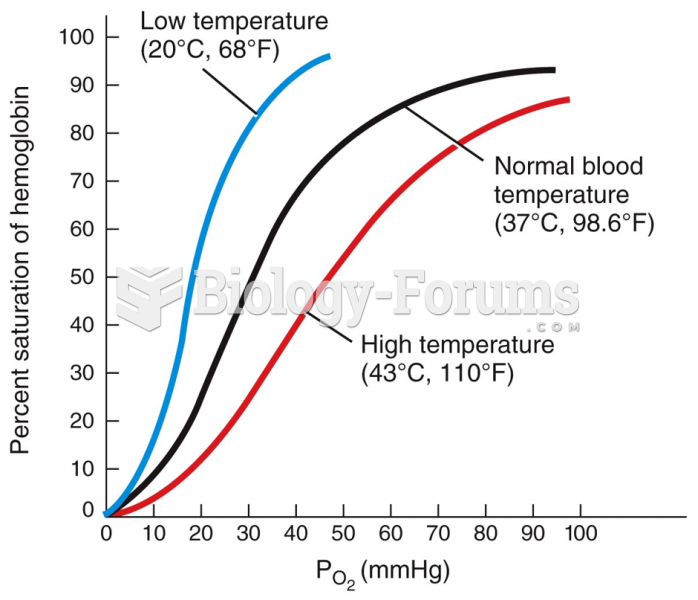|
|
|
Methicillin-resistant Staphylococcus aureus or MRSA was discovered in 1961 in the United Kingdom. It if often referred to as a superbug. MRSA infections cause more deaths in the United States every year than AIDS.
Urine turns bright yellow if larger than normal amounts of certain substances are consumed; one of these substances is asparagus.
A recent study has found that following a diet rich in berries may slow down the aging process of the brain. This diet apparently helps to keep dopamine levels much higher than are seen in normal individuals who do not eat berries as a regular part of their diet as they enter their later years.
Vaccines prevent between 2.5 and 4 million deaths every year.
There are more bacteria in your mouth than there are people in the world.








